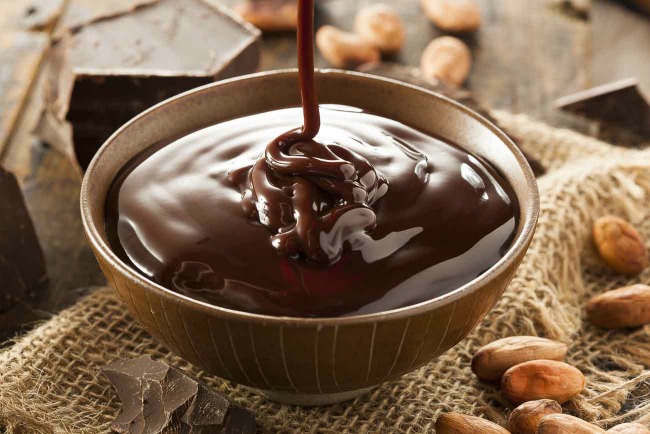
I’ve edited this article as it was dated, and I’ve received a few comments and took what readers said into consideration. While I agree with readers that the content of this article could be better, I did not feel that the comments were kind and constructive so I removed them from the page.
Also, I’ve just realised that quite a few people have been reading this article, even though it was written 3 years ago. As I’ve grown immensely personally in the last 3 years, I wanted to offer a different perspective and edit the whole article.
Common mistakes vegetarians and non-vegetarians make?
I’ve had many good intentioned carnivores mentioning that they thought some vegetarians or vegans looked unhealthy, looking “underweight” or “overweight” (not body shaming per se, just their perspective on what “overweight” vs “underweight” is). As a result, they thought people on a mainly plant-based diet may not necessarily look healthy.
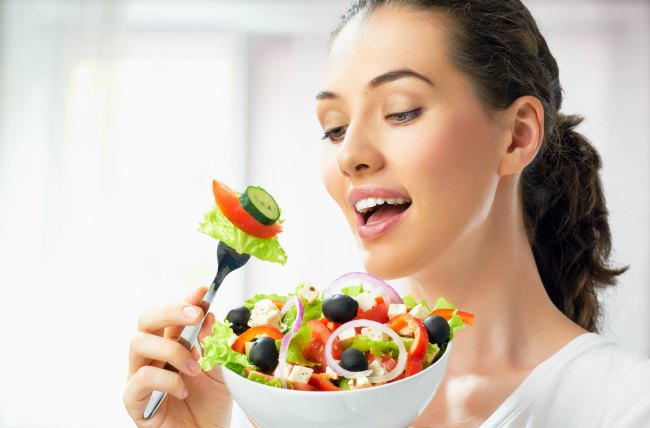
I took the meat lovers’ views into consideration, and wanted to share my perspective on the common vegetarian “mistakes” vegetarians, or not vegetarians, make. Since this blog advocates a mostly whole food, plant based diet, I thought I could shed some insights on some ineffective ways we may be approaching our diet.
Feel free to take the comments below with a grain of salt, as your experience will most likely be different from mine.
While some vegetarians and vegans can be unhealthy, please note meat eaters and omnivores can also be unhealthy. The tips below apply to omnivores too.
And, I’m not trying to discount the efforts vegetarians and vegans make in saving the environment by their diet choices. I’m just pointing out how people, vegetarians and non vegetarians, can tweak their diet to achieve better “health” in my opinion.
And the points below may/may not help you depending on your body type/situation/circumstance, so please consult physicians/nutritionist for your own individual case.
#1: Reliance on refined and processed foods

When one switches to a whole food plant based diet, one may rely on processed products and meat replacements to transition – this is totally understandable as your taste buds have not acclimated to a predominantly whole food plant based diet yet.
And some vegetarian foods contain high amount of refined ingredients, highly processed, and void of nutrients. Examples of such foods include deep fried chips and processed cookies like oreos – yes they are vegan.
While carbs like fruit and vegetables are healthy for you, there are also bad carbs which do not fill you up, cause a spike in sugar levels, and give you empty calories.
Processed food which are cooked in high heat can also lead to toxicity and unwanted fat in your body. By heating some food at high temperatures, you kill the enzymes, and can lead to a sluggish digestive system. In turn, this can lead to stored fat in your body.
Solution #1: Fill up with natural, unprocessed foods and carbs like vegetables and fruit
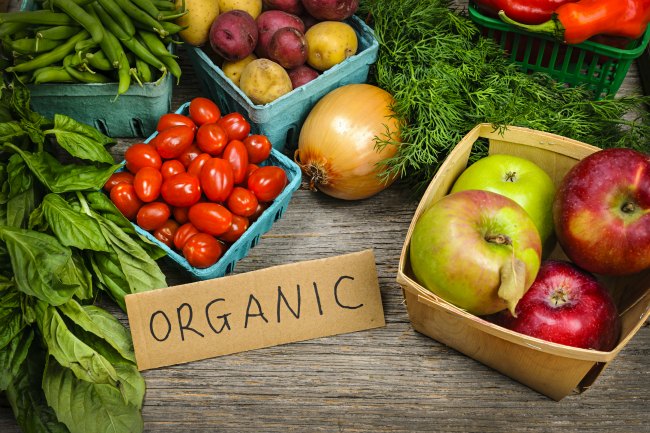
While eating too much “bad” carbohydrates will make you fat, “good” carbohydrates can actually help you maintain your weight in the long run. According to Dr. Colin Campbell, “carbohydrate-rich foods are perfect for permanent weight control.”
Choose unrefined carbs in all your meals. For instance, you can substitute your oreos with…. raw vegan cookies made with oat flour
If you have a sweet tooth…
Instead of using refined sugar, try using natural sugar like coconut palm sugar, dates and stevia. Of course a little goes a long way.
Instead of reaching out for the next sugar-laden fruit pastilles (I used to love them…), go for whole, ripe, seasonal fruit like strawberries instead. Not only are ripe fruit wholesome and naturally sweet, they are alkaline-forming, which balance our pH levels and boost our energy.
Fruit is also raw and full of enzymes, which is gives us great energy and enhances our digestive system. This can help us remove toxins in our body naturally and reduce amount of stored fat in our body.
And rather than eating French fries, why not dehydrate sweet potato, or put it in the oven on low heat, for delicious sweet potato fries? 🙂
#2: Not Enough Exercise

In my experience, achieving and maintaining your ideal shape is 70% diet and 30% exercise. Exercising, be it a daily yoga practice, a hike, weightlifting, boxing, surfing, can be beneficial to your mental and physical health, as well as to achieving/maintaining a body shape of your desires.
This applies even more so if you are not taking are of your diet.
Solution #2: Up the frequency and/or intensity of your exercise
If you love to over-eat and indulge in processed foods and alcohol regularly, you’d have to rely on the 30% for caloric output. The more you can maximise the 30% the more you can eat.
Of course, I’m not telling you to put junk in your diet or eat as much as you want. I still believe mindful eating is key.
However, if you over indulge regularly, perhaps exercising more can help, in the old-fashioned calorie counting way.
Increase the frequency and intensity level of your training. There are plenty of resources online to discuss ways to increase intensity to maximise your workout. Also, choose an exercise you L O V E. Otherwise, you will not stick to it. For instance, if you love hikes, don’t go to the gym! You don’t have to go the gym to exercise.
I’d like to add that people’s fitness level/body type are different. If you’re serious about upping the frequency and intensity level of your exercise I’d suggest hiring a qualified professional to help you.
#3: Too much (processed) “natural” juice
This relates to #1. While the image of a healthy fit person drinking green juice with six-packs looks appealing to some, a lot of juices in the market are highly processed, and made with synthetic ingredients like white sugar.
I love my juice. Don’t get me wrong.
However, it is so easy to fall into the trap of grabbing a juice at 7-Eleven without reading labels.
Yes, even fruit juice labeled as “healthy” can contain ingredients such as high fructose corn syrup that spikes your sugar level, makes you age faster and is high in empty calories.
Liquid calories in juice can also make you gain weight easily without you knowing. A bottle of juice can easily contain around 200 calories. If you drink a few highly processed juices a day with your meals, you’re adding an extra c. 800 calories in your diet.
Solution #3: Drink your H2O and love your fresh, organic, GREEN, juice
Love thy freshly squeezed juice.
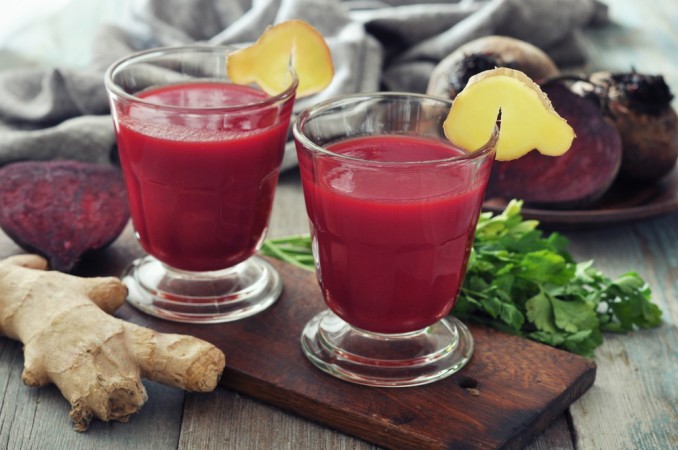
Freshly-squeezed juice is the ideal option, since most juice lose its nutrients within 20 minutes
If you have time, you can do-it-yourself with some of our easy recipes below:
If you are going for pre-made juice, go for organic, raw, and cold-pressed juice from places like Urban Remedy, Home – Eat To Live or Nood Juices (if you’re in Hong Kong). Juice that is devoid of artificial ingredients like added sugars, colouring, and flavouring.
Try to go for GREEN juice made of vegetables so they have less sugar content. Juicing removes fibre so the sugar from fruit can go straight to your body and cause a sugar spike.
Drink juice on its own. Have your empty and thirsty stomach absorb all its nutrients and fullness.
You’ll feel satisfied after drinking a juice. Wait for half an hour before eating something else. If you’re still hungry then, go for some nuts or solid vegetables
And don’t forget your solid vegetables because chewing things make you feel full.
And… if you drank too much juice that day, go for lemon water.
Squeeze a few drops of lemon juice in your water for flavor. Detoxifying. Freshing. Alkalinizing.
#4: Too much alcohol
Alcohol = empty calories.
Just because you eat tons of fresh vegetables doesn’t mean that you can alleviate the effects of excessive beer and alcohol intake.
Whether you’re a vegetarian or omnivore, try to monitor your alcoholic intake. Alcohol contains empty calories, arguably worse than processed juice.
Solution #4: Minimise alcohol intake, especially if you’ve already had a few drinks.
Any alcohol in excess can contribute to premature aging and weight gain.
However, rather than drinking shots and shots of hard alcohol which contains lots of added sugar, red wine may have beneficial effects on your body which may counteract the aging process.
With the above being said, I still think its best to abstain from alcohol. But if you must drink this season, I’d go for red wine and perhaps vodka, which may be the “cleanest” alcohol.
And yes, pace your drinking! Drink 2-3 glasses of water or juice for every 1 glass of wine, ideally no more than 1 glass of alcoholic beverage in 2 hours. By spacing your alcoholic intake, you can be mindful of your alcohol consumption and slow down your drinking pace.
Say no. Even if they make fun of you, think you’re “weird” “uptight” or a “health freak”, or tell you it is just this one night. Mind over matter!
OR, you can opt for our beloved Green Juice Cocktails.
#5: Dairy Intake = Weight Gain & Cancer?
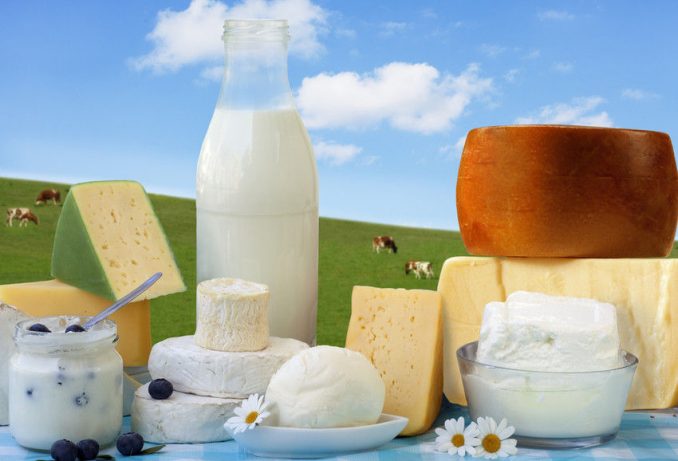
While some may think dairy is healthy, lots of dairy products in the market are loaded with hormones which can potentially cause cancer according to NCBI, and weight gain.
According to Dr. Michael Greger, teens exposed to dairy proteins, such as casein, skim milk, or whey, experienced a significant increase in BMI and waist circumference compared to a control group. In contrast, not a single study funded by the dairy industry found a result unfavorable to milk.
According to Body Ecology, in cow, goat, and sheep milk, casein (which is linked to cancer in Dr. Campbell’s studies) makes up 80% of the protein and 20% is whey protein. Casein is more difficult to digest than whey protein, and milk may be very hard for our body to digest. In addition, most milk in grocery stores are pasteurized — mucus-forming, dehydrating, and constipating.
Solution #5: Minimise Dairy Consumption
Honestly, I’d just ditch dairy given pesticides, hormones, etc, and go for nut- or coconut-based milk options. For instance, I love nut milks, coconut icecream, nut lattes.
However, if you’re really into your dairy, you may want to consider kefir.
P.S. I’ve updated this article and removed my original statement that you can get fat eating too much nuts. While I’ve read that too much nuts can cause weight gain, an interesting research from NCBI showed that daily intake of almonds by 20 women in the study group did not lead to weight gain. Post on nuts here.


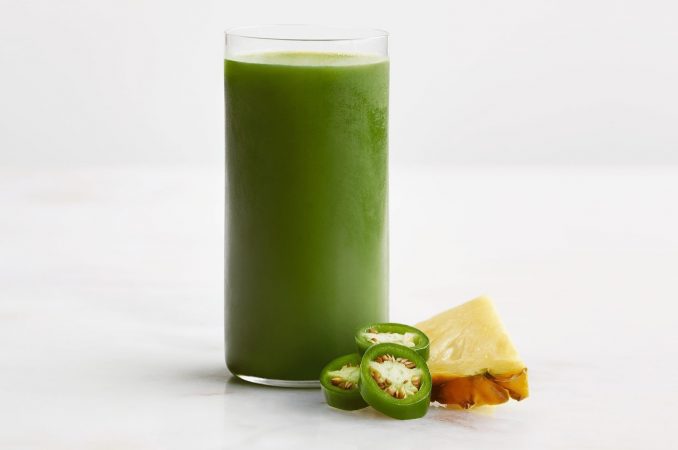
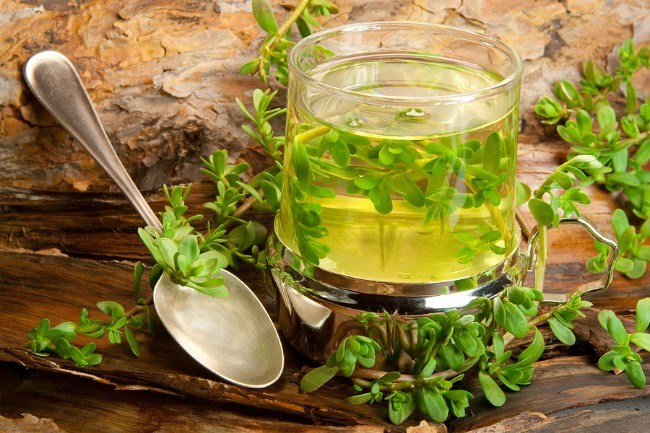

1 Comment
thanks